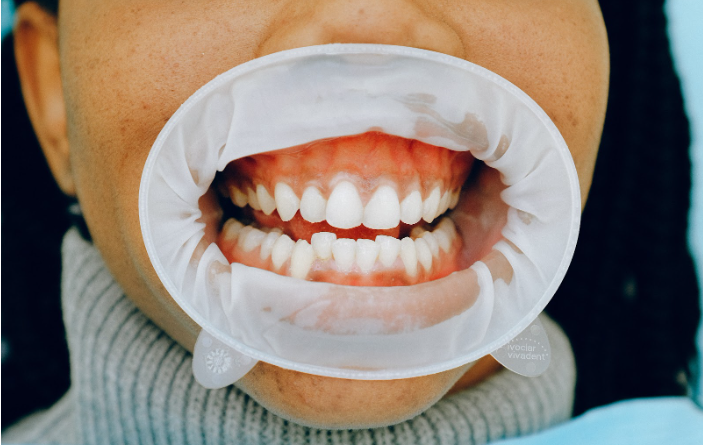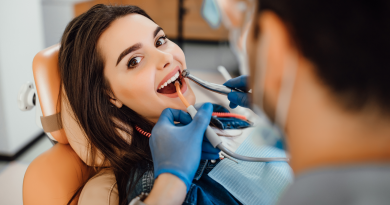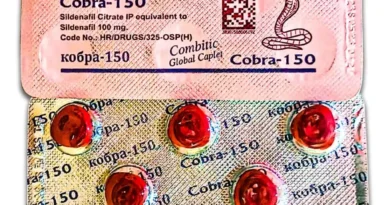What An Adult Should Do To Maintain Good Oral Health
A healthy mouth is much like a healthy body and each part is important for good function overall. Your mouth can’t just be used to eat but also to smile, laugh, speak properly and keep your breath smelling fresh. If you don’t give proper care to your oral health, it can result in problems with your teeth, gums and other parts of your mouth. This could easily cause problems with nutrition and speech as well as make you look older than you are.
Having healthy teeth, and gums can have a positive impact on your entire health. Better dental health can help with systemic disorders like diabetes and heart disease. Oral health isn’t difficult to achieve, but it does necessitate commitment. Use these suggestions to take care of your mouth and teeth for the rest of your life.
1. Brush, But not Aggressively
Most people are aware of the importance of brushing their teeth. This is important not only to remove plaque, but also helps prevent cavities. However, many people don’t realize how important it is to brush correctly. The idea that “more is better” simply isn’t true when addressing oral health.
Brushing your teeth too hard or using a toothbrush with too-hard bristles only causes damage and harm that can slowly destroy the health of your teeth. Brushing should be done in small circular motions, with the front, rear, and top of each tooth being brushed. It takes between 2 and 3 minutes to complete this operation. When brushing, avoid doing any back-and-forth sawing motions.
2. Clean Your Tongue
A huge part of caring for your mouth involves cleaning your tongue. Your tongue, like the rest of your mouth, can become plaque-covered. This not only causes foul breath, but it can also contribute to other oral health issues that OSD manufacturing may find hard to solve. Clean your tongue softly every time you brush your teeth, and don’t forget the roof of your mouth.
3. Avoid Sugary Foods
Regularly consuming sugar and starch can do terrible things to your teeth. Sugar is a leading cause of tooth decay and cavities. When sugar and bacteria come together, an acid assault occurs, causing your enamel to deteriorate and your smile to be damaged. Reduce the amount of sugar you consume and replace it with calcium-rich foods like vegetables and fruits.
4. Floss Your Teeth
Flossing is an important oral hygiene routine that can help eliminate plaque and bacteria from between your teeth, especially places where your toothbrush can’t reach. Many studies also recommend flossing your teeth before brushing to remove any dirt. Experts advise that you floss your teeth in the morning and after eating at night.
5. Drink a Lot of Water
Like sugar, coffee is not the best for your teeth. Coffee contains tannins that can stain your teeth easily. So, try as much as possible to avoid it. Instead, drink a lot of water. If you don’t drink enough water, you’ll be prone to dry mouth because of a lack of moisture in your salivary glands. Water also contains traces of fluoride, which keeps your enamel strong.
6. See A Dentist Every 6 Months
Flossing and brushing twice a day is all well and good, but that’s not nearly enough to ensure your oral health. You should visit your dentist for regular teeth cleanings about every six months. This is because a good dental hygienist can get the job done much faster and better than a person most likely will on their own.
What you might not know is that tartar can only be removed by a dentist. And once plaque hardens into tartar, it takes more effort to remove than ordinary plaque buildup. Meanwhile, tartar buildup if left untreated can lead to tooth decay and gingivitis later down the road, so you’re better off removing it before that happens.




